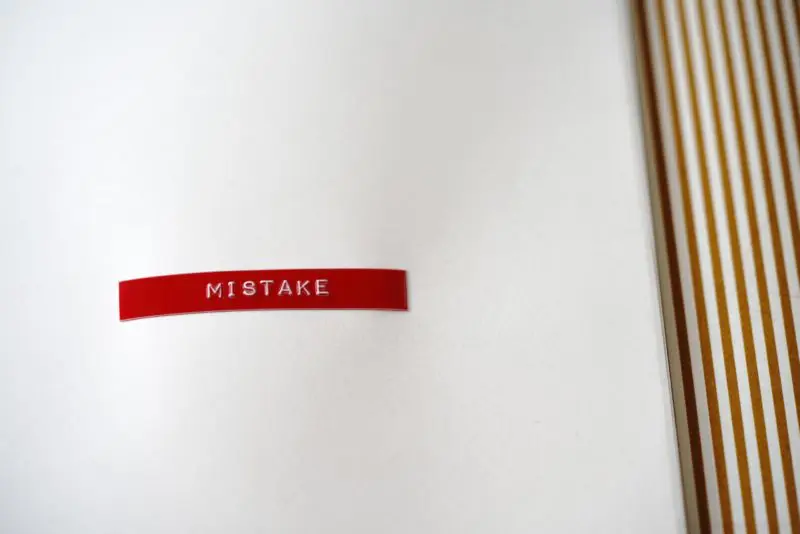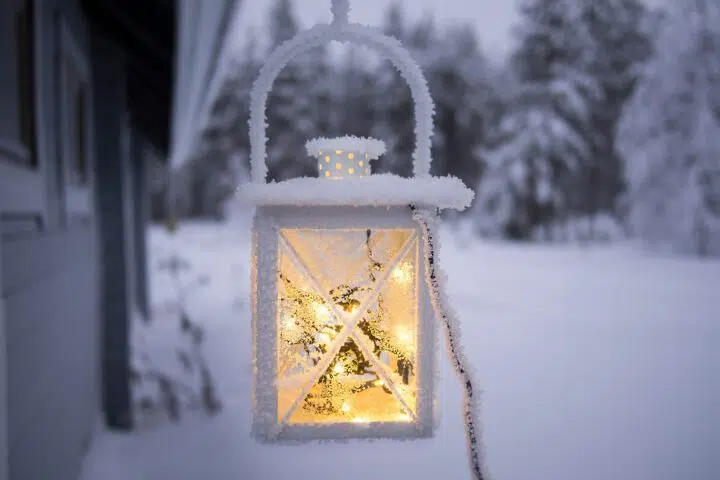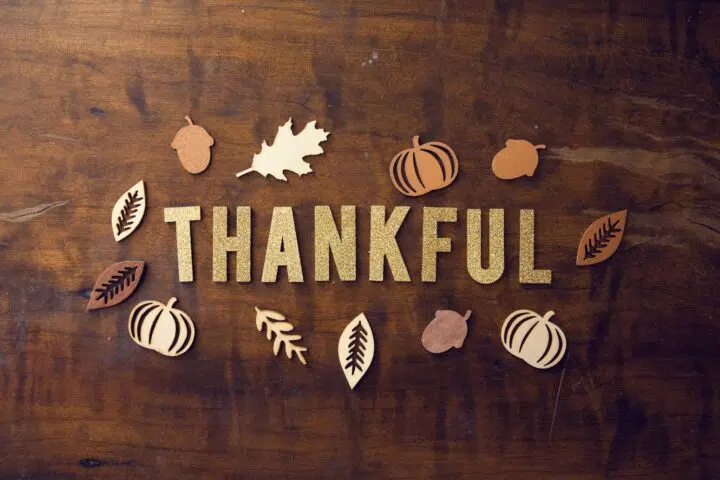Drawing is not one of my talents. Nevertheless, I took a class to learn to draw mandalas. As the instructor was demonstrating a design, she made a slight error. She encouraged us not to worry about our mistakes, though, because you could often incorporate them into your creation in an interesting way. “Some of my best designs were because I thought I made a mistake and had to use it,” she said.
A friend of mine is a jazz pianist. He tells a story of a time he was playing with a respected musician and was nervous about making a mistake in front of this person. Sure enough, he played a wrong note and instantly worried he’d screwed up. But the lead musician turned to him and said, “Play it again.” He did, and the rest of the ensemble rose to match it. It was a magical moment for my friend.
These are what I call “fortunate mistakes,” and many of the world’s great inventions and beloved art pieces started with or were influenced by a fortunate mistake. It begs the question: when does a mistake cease to be a mistake?
My husband is a talented woodworker who now builds ukuleles. He explains it this way: “All of my pieces have a mistake in them. Sometimes it’s not very noticeable, other times I have to work around it in a creative way. But that’s what makes my instruments handmade. That’s what makes them more special than something that rolled off an assembly line. And each mistake leads to a story. As you know, most good stories start with something that went wrong.”
Boy, do I know that! As a fiction writer, it’s the obstacles, misjudgments, shortcomings, and colossal blunders that challenge your character to grow and achieve. Without them, there is no story.
So back to the question of when does a mistake cease to be a mistake? One test is, does it cause harm to you or anyone else? But how do you know if that’s the case? You ask. How many times have we worried we hurt someone’s feelings only to discover they actually appreciated our honesty? If it turns out we did cause offense with something we said, wrote, or created, we have the opportunity to make amends.
Are there times the mistakes we make in our work and art are so lamentable the best bet is to scrap the whole thing and start over? Of course. That happens to me all the time. Ask me how many drafts I have of each of the chapters in my books. But whatever mistake I made that caused me to toss a draft and begin again led to something better, for which I’m always grateful. Those were fortunate mistakes.
My husband once dropped a ukulele that was almost finished and broke it. It was a devastating slip-up, until he realized he could glue it back together and use it as a demo to show people the look and style of his instruments. He could no longer sell that piece, but he could find another purpose for it.
If you’re holding yourself back for fear of making a mistake, stop it. If in a worst-case scenario you do cause harm to you or someone else, use that experience to grow, do better, and hopefully make amends. More likely, your errors will lead you to unexpected discoveries and maybe brilliant ideas. You can play it safe and make no mistakes, or you can push yourself and stumble upon a fortunate mistake. For all of our sake, I hope you choose the latter.
If you like this post, please share and credit Bursts of Brilliance for a Creative Life blog



